AWS open source newsletter, #189
A weekly round up of the latest open source news, projects, and events that every open source developer should know about.
Celebrating open source contributors
s3-restore-and-copy-progress-monitoring
aws-account-tag-association-imported-portfolios
Demos, Samples, Solutions and Workshops
automated-meeting-scribe-and-summarizer
The best from around the Community
Data Solutions Framework on AWS
Migrate CloudFormation templates to AWS CDK Applications with CDK Migrate
Building your containers on Windows with Finch
FOSSASIA April 8th-10th, Hanoi, Vietnam
Everything Open April 16th-18th, Gladstone Australia
Cortex Every other Thursday, next one 16th February
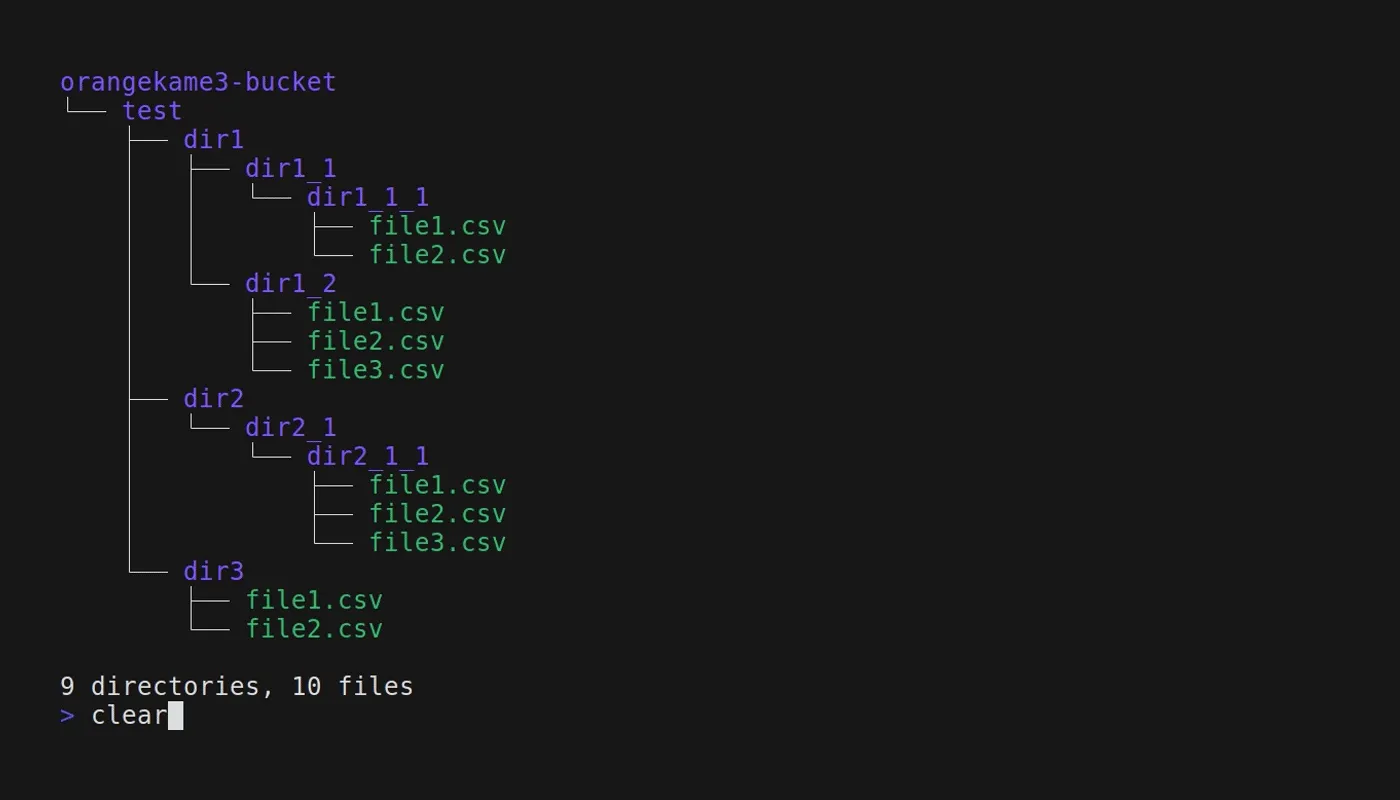
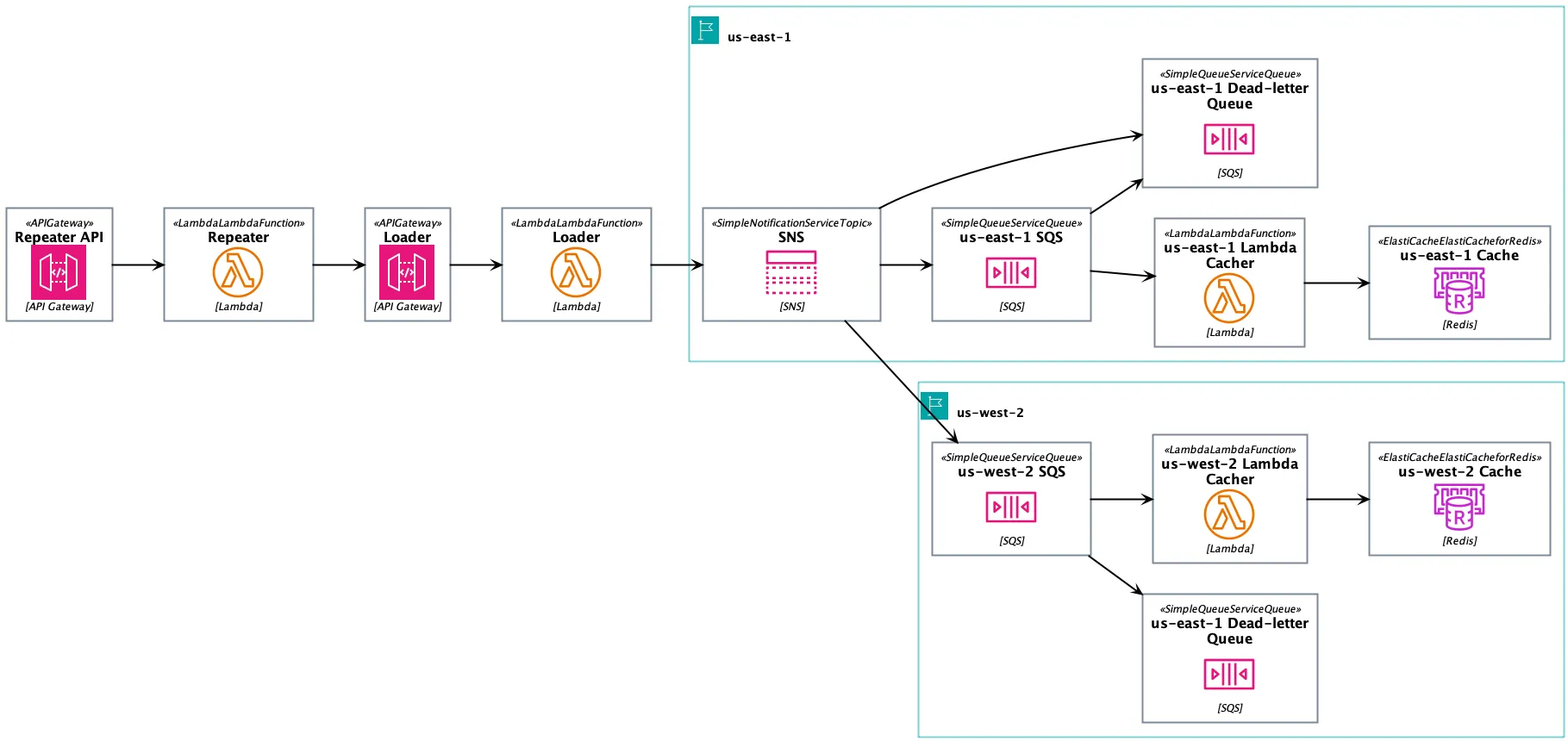
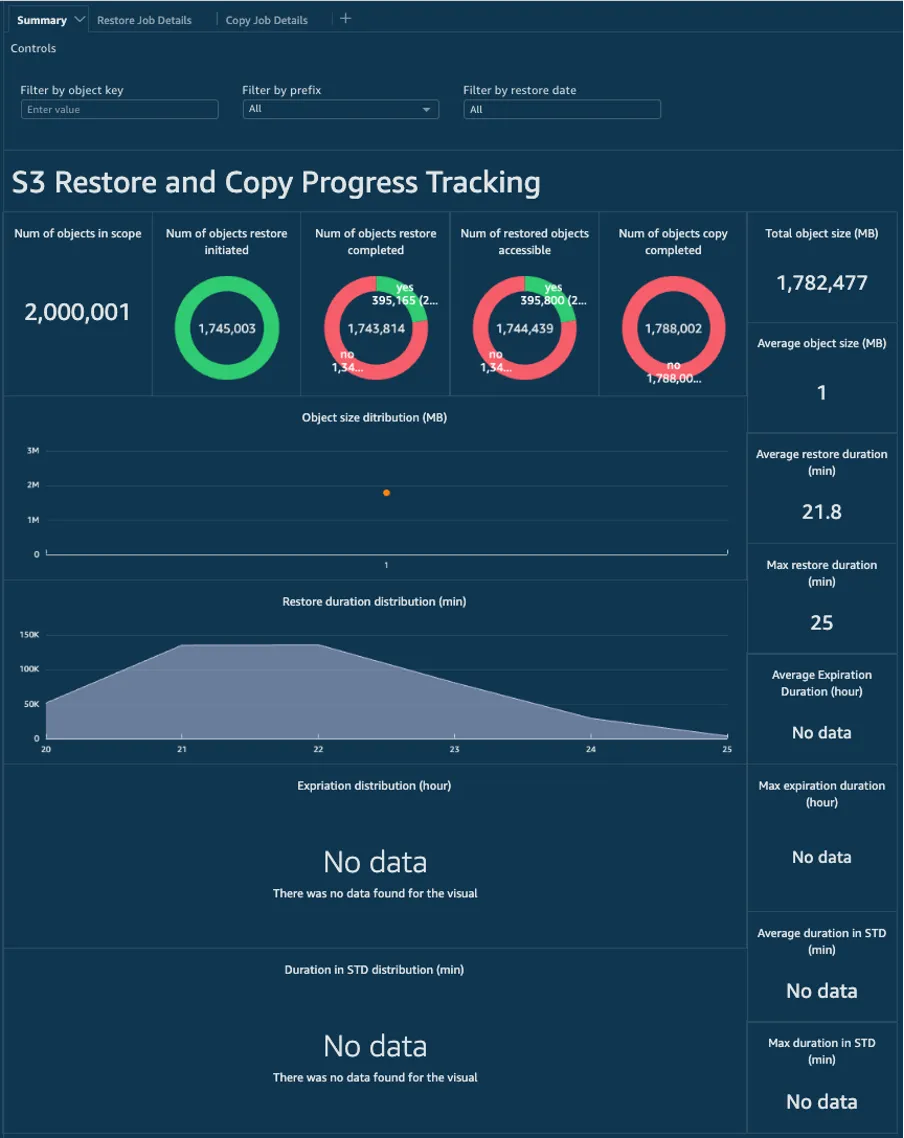
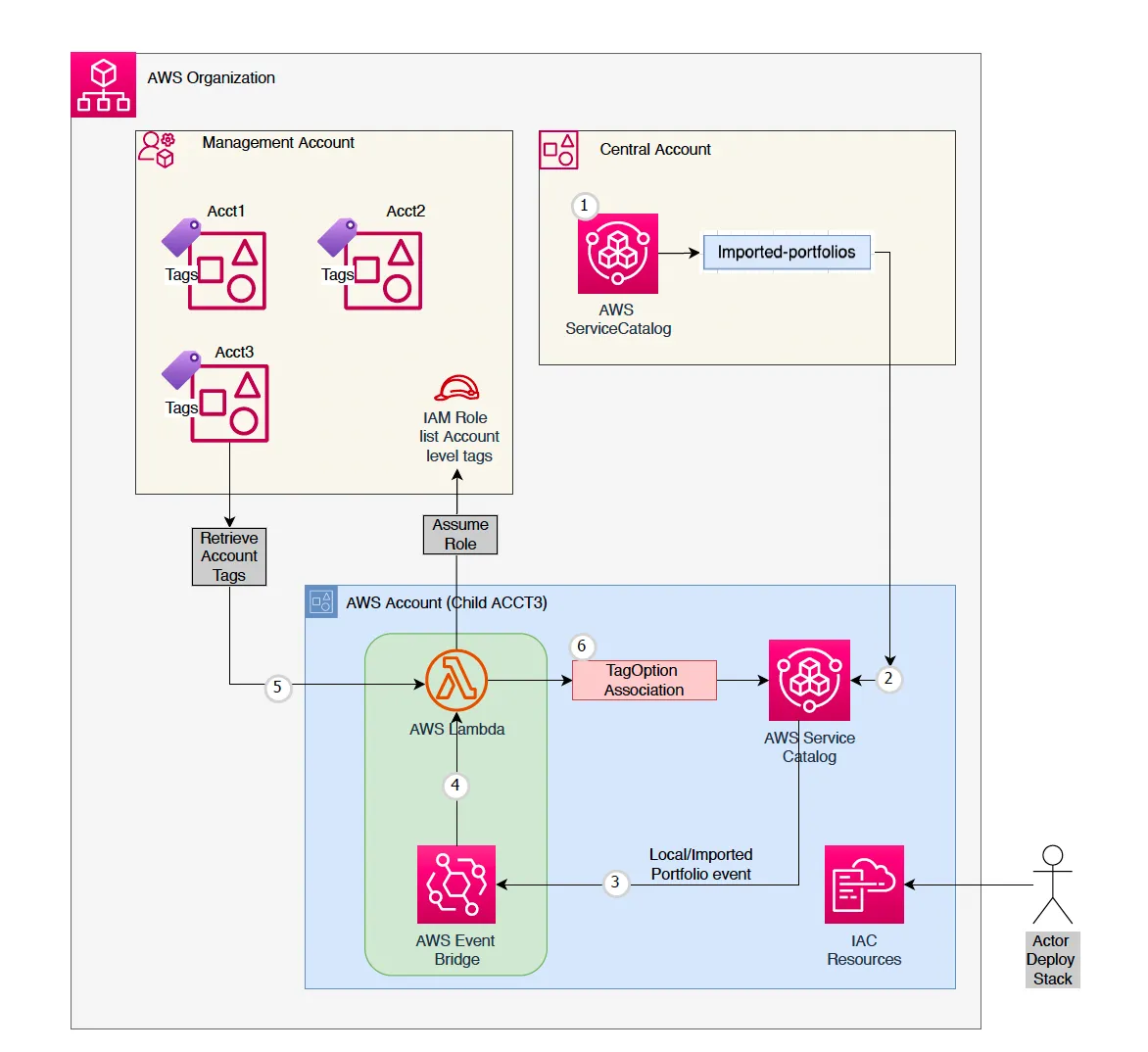
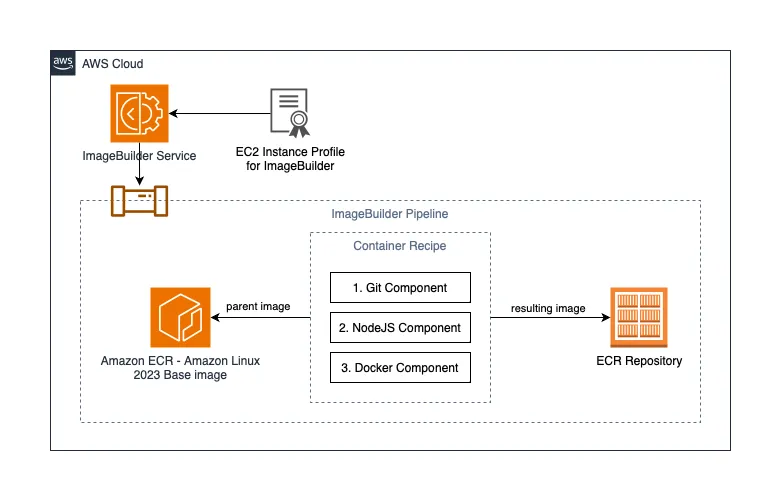
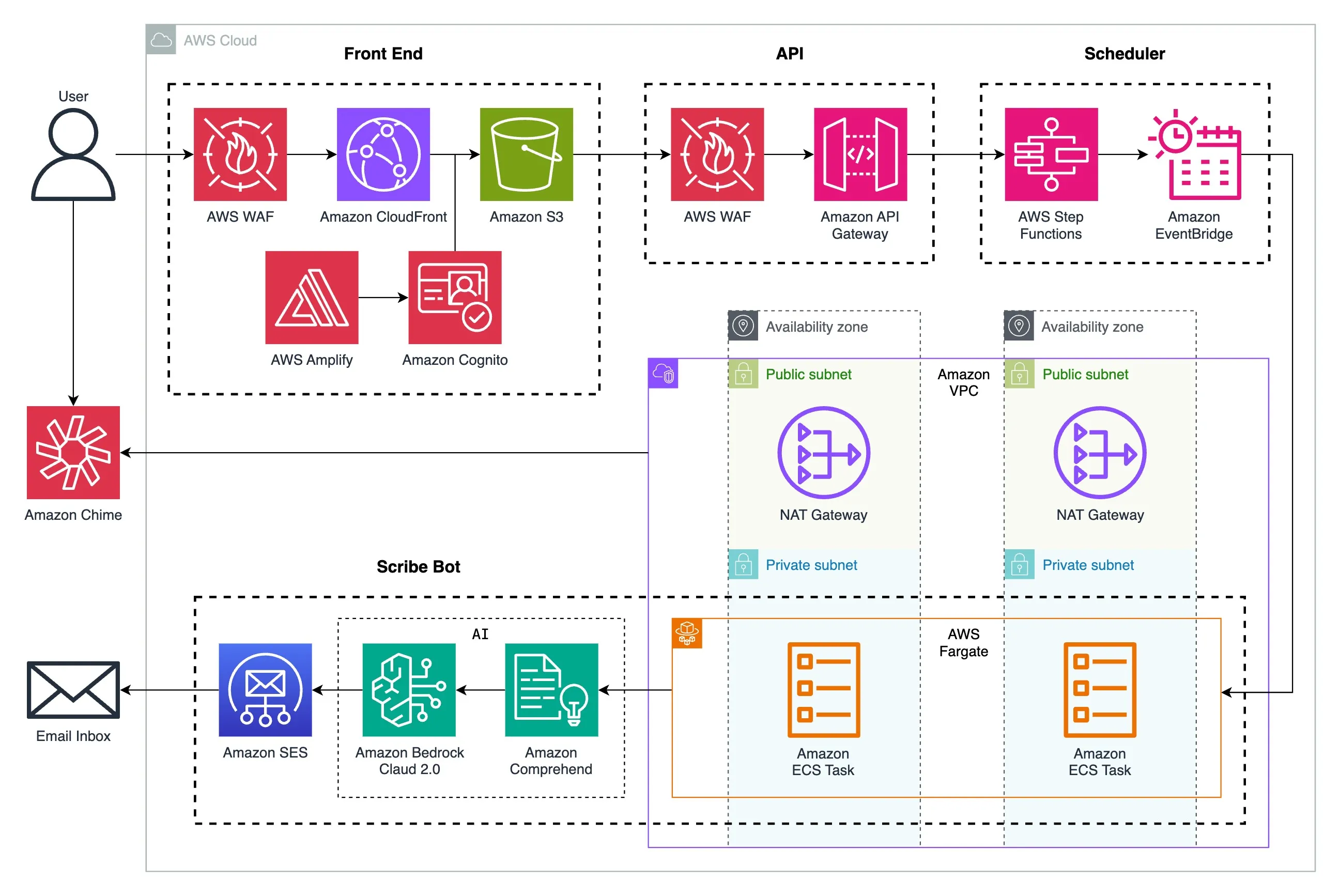
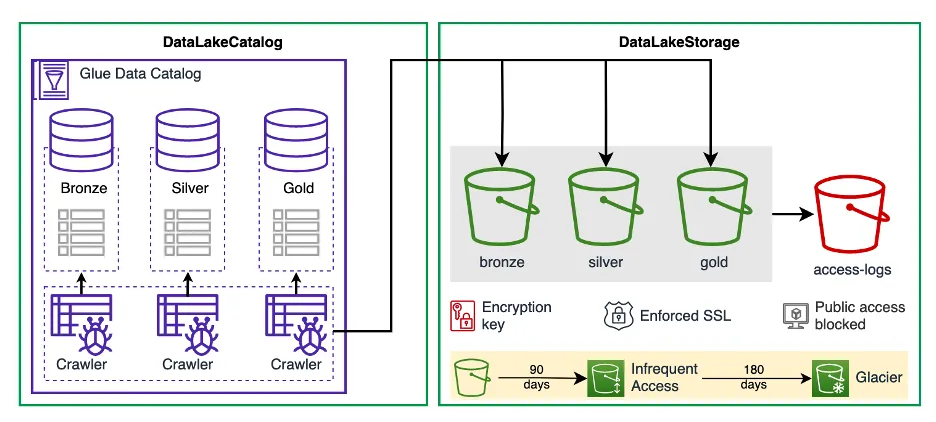
- Apple Vision Pro and AWS Amplify Part 1 – Authentication is the first of a three part blog post that shows you how you can use AWS Amplify to quickly get started building with the Apple Vision Pro using Xcode and Amazon Web Services (AWS) [hands on]

- Secure connectivity patterns for Amazon MSK Serverless cross-account access walks you through multiple solution approaches that address the MSK Serverless cross-VPC and cross-account access connectivity options, and looks at the advantages and limitations of each approach
- Amazon’s renewable energy forecasting: continuous delivery with Jupyter Notebooks is a nice study in how to seemlessly move your data scientist work from Jupyter note books to production
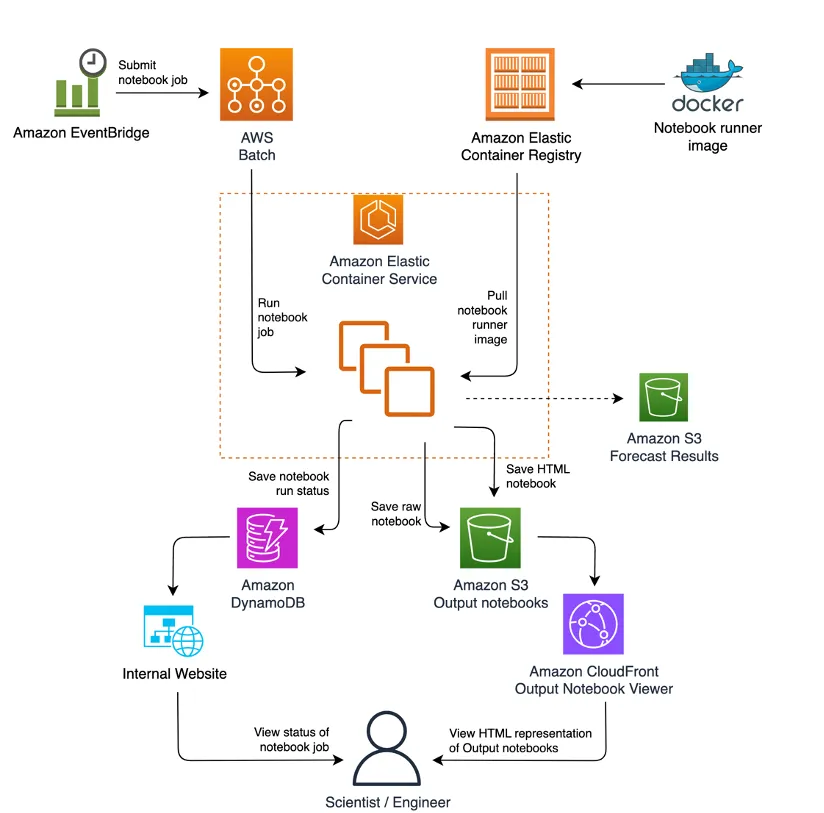
- Marqeta supercharges MySQL workloads using Amazon EBS io2 Block Express discusses the storage-centric challenges of running high-performance database workloads in the cloud and how Nitro-based Amazon Elastic Cloud Compute (Amazon EC2) and Amazon Elastic Block Store (Amazon EBS) io2 Block Express can help
- Identify Java nested dependencies with Amazon Inspector SBOM Generator looks at how to navigate the challenges of uncovering nested Java dependencies, guiding you through the process of analysing JAR files and uncovering these dependencies
- Accelerate generative AI workloads on Amazon Aurora with Optimized Reads and pgvector dives into how using Optimized Reads improves performance for vector workloads running on Amazon Aurora PostgreSQL with pgvector, specifically using HNSW indexing
Any opinions in this post are those of the individual author and may not reflect the opinions of AWS.
